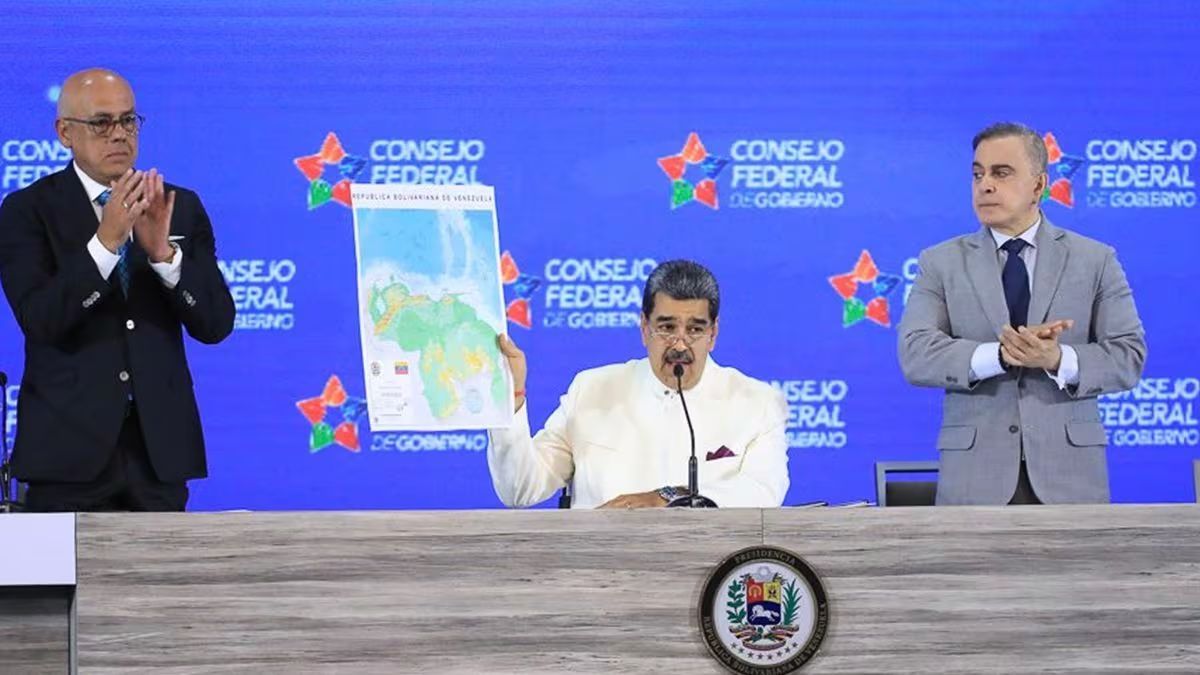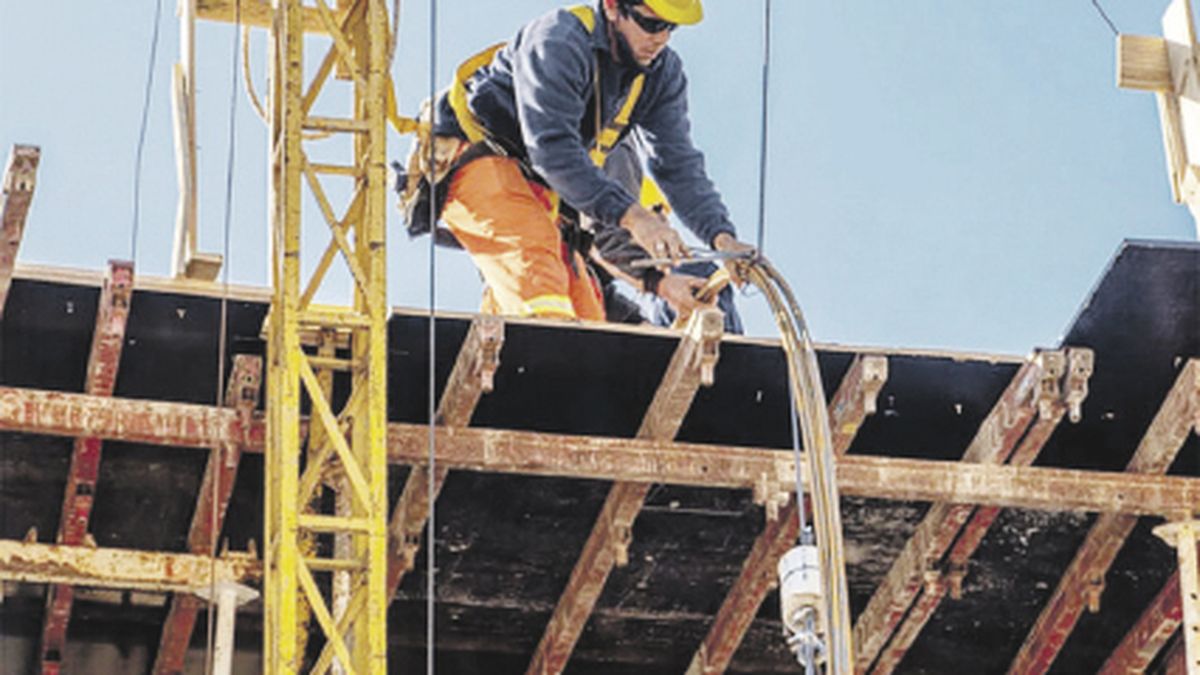The foreign ministers of Venezuela and Guyana, Yvan Gil and Hugh Todd respectively, agreed this Wednesday “maintain communication channels” amid an escalation of tensions over the Essequiboterritory wrapped in a centenary quarrel territory between the two countries neighbors. Confirmation of the diplomatic dialogue was given by the Venezuelan government in a statement.
“TO application from the Guyanese side, the chancellor Todd had a telephone conversation with the chancellor Yvan Gil to address the issue of the territorial controversy”.
This contact comes after consultative referendum made on sunday in Venezuelawhere more than 95% of the voters who participated approved create one Venezuelan province in Essequibo and give nationality to the 125,000 inhabitants of the region, administered by Georgetown.
“The Venezuelan side took advantage of update to the government of Guyana about the overwhelming participation that the referendumgenerating a command unappealable”, They explained from the Venezuelan Foreign Ministry. Furthermore, from Caracas they maintain that the referendum “express the need for arrest actions to aggravate the controversy”.
After the referendum, Maduro assured that PDVSA will invest in Essequibo
The president of Venezuela, Nicolas Maduroannounced on Tuesday that the Venezuelan state oil company PDVSA will deliver licenses for the exploitation of oil, gas and minerals in this 160,000 km2 region. He also confirmed that a new military zone to some 100 km of the border.
Your Guyana peer, Irfaan Alidescribed those ads as “a direct threat” and warned that he will go to the UN Security Council to report the situation. They also assured that the Guyanese Armed Forces are “alert” and in contact with “country partners”like the United States.
The Essequibo region, a territory in dispute since the 19th century
Venezuela maintains that the Essequibo is part of its territory. As in 1777 when it was a colony of Spain, and appeals to the Geneva agreement, signed in 1966 before the independence of UK Guyanawhich laid the foundations for a negotiated solution and annulled an 1899 award that defined the current limits.
Guyana defend that award and asks that it be ratified by the International Court of Justice (ICJ)whose jurisdiction Caracas does not know.
Mariano de Alba, advisor to the Crisis Group, believes that Maduro was seeking “raise costsincrease the risk and in some way generate uncertainty” that would generate “pressure to the Government of Guyana to “he sits down to negotiate”.
“Especially in the short term, the confrontational rhetoric will continue, but at the same time I see unlikely an armed conflict”, as the expert commented to the AFP. Although he stressed that “any mistake” in this context could cause a quick climb.
“He has irresponsibly given green light to the presence of United States Southern Command in the territory of Guyana Esequiba, over which Guyana maintains a de facto occupation”indicated the previous text.
Brazil decided to reinforce its military presence on the border with Venezuela and Guyana
“The Army maintained constant monitoring of borders to guarantee the inviolability of the territory. In this context, it was anticipated a reinforcement of troops and means of military employment in the cities of Pacaraima and Boavista“said that force in a press release.
On Monday, the government of Luiz Inácio Lula da Silva reported that he had maintained contacts “high level” with authorities Venezuelan and guyanese in favor of “a rapprochement between both parties.”
Before Sunday’s referendum, the ICJ asked Venezuela “refrain of any action that modifies the situation currently in force in the disputed territory”. And he also asked both parties “refrain of any action that may aggravate or extend” the litigation.
Source: Ambito




